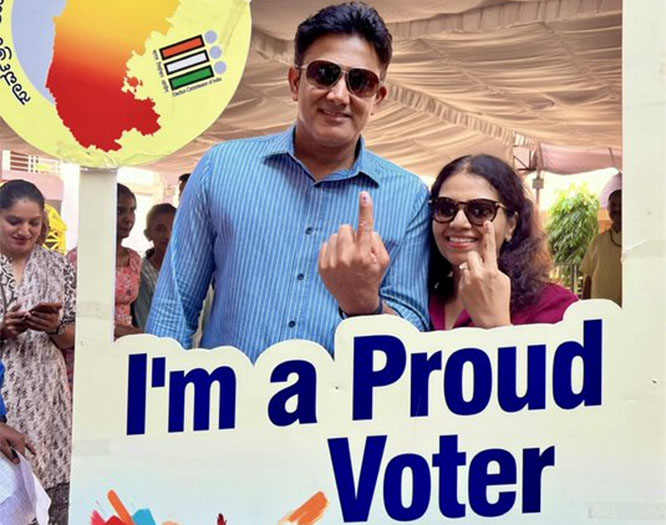
Sharjah, Sept 13: A 57-year-old Indian expat in the UAE had a miraculous escape after he suffered a massive heart attack while driving, fell unconscious and crashed his car at a roundabout. Fortunately for Jacob John Nediambath, the crash happened near a hospital.
Dr Mohammed Shabbir P., head of Emergency Medicine at NMC Royal Hospital Sharjah, said: "We came to know from a few Good Samaritans about the accident at the roundabout outside our hospital. We dispatched a team of nurses and caregivers with stretchers. We found Jacob lying unconscious in his car. No other vehicle was involved in the accident. We got him to our ER and found him unresponsive to commands with no pulse. Accordingly, the Code Blue protocol — the systems and processes around a heart attack patient — was initiated. Time was a key factor in saving his life as more time could have damaged his heart permanently."
The doctors connected Jacob to a cardiac monitor and started giving him ventricular fibrillations to wake his heart up, along with cardiopulmonary resuscitation to maintain his oxygen levels. Gradually, the team found a pulse. They put him on a ventilator. Doctors diagnosed him with an ST elevation myocardial infarction (STEMI) — the “deadliest of heart attacks involving the left main coronary artery, also infamously called the widow artery”.
“A block here gives a massive heart attack, impacting 2/3rd of the heart. STEMI is total or near total blockage of this coronary artery. In a compromised heart function, a patient is most likely to have cardiac arrest and arrhythmias,” said Dr Adel Eryani, HOD & consultant interventional cardiologist at NMC Royal Hospital Sharjah.
‘Slight discomfort’
Jacob, an Indian, has been living in the UAE for 23 years. His wife, Bincy, and two children were away in their home country at the time of the incident.
Two days before he got the attack, he experienced discomfort in his left side, upper arm and shoulder region. He applied some balm, and the pain subsided.
As the pain resurfaced the next day, he decided to meet his general physician. He was on his way to meet his doctor when the accident happened.
"It was morning time, close to 11am. I do not remember anything except that I was diving to meet my GP. The next thing I knew, I was in the ICU of this hospital," said Jacob.
Jacob's wife, Bincy, said his colleagues came to know about his condition by late afternoon as he failed to report for duty. “I came to know in the evening, and coincidentally, I was to fly back the same night to Sharjah.”
The cholesterol connection
Jacob is very active and athletic, and doesn't have diabetes, obesity or hypertension.
Doctors explained that his cholesterol level was high, but it was not alarming enough for his GP to take notice and classify as high risk.
“He had no family history of diabetes, was a non-smoker and was considered a low-risk profile. His GP advised him on diet control and exercise … Such patients will always be advised to modify their lifestyle, focus on activity, and make healthier choices in terms of food.
High cholesterol should not be taken lightly as it can lead to surprising incidents like Jacob's. In the cases where the patients have advised medications, they must take them religiously without fail,” said Dr Adel.







Comments
Add new comment